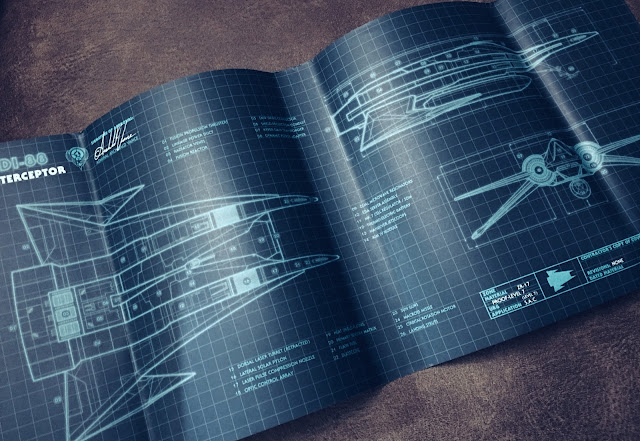A few months ago I reviewed Ernest Cline’s first novel “Ready Player One” (read my review) — a wonderful sci-fi tale featuring a large dose of 1980s pop culture. It felt fresh, new, and vibrant, even though the story took place in a virtual reality video game.
Cline’s second novel, “Armada,” is its own standalone story, separate from “Ready Player One.”
“Armada” follows a teenager named Zack Lightman. Zack lives with his mom in Oregon. He goes to high school, loves videogames, and works part-time at a gaming store called Starbase Ace. He longs to know his father Xavier — who was killed in a wastewater treatment plant explosion many years prior, when Zack was a baby.
Zack is at school one day when he spots an alien craft outside his classroom window — it is a Sobrukai Glaive, which is a fighter featured in his favorite videogame Armada. He can’t tell if what he saw is real, or if he’s losing touch with reality.
But Zack doesn’t shrug it off.
He begins rooting through his dad’s old things, stored in boxes in the attic. He spots a letter jacket his father wore that featured a bunch of gaming patches. He also stumbles upon a series of notes his father took, outlining his theory positing that the government has been secretly training society for an alien invasion.
What the reader learns is that movies like Star Wars, The Last Starfighter, Aliens, and Independence Day — along with a slew of videogames released throughout the years — are a surreptitious way to prepare society to defend Earth against attack. The popular multi-player games in the novel — Armada and Terra Firma — seem to be built with this goal in mind.
Interesting premise... right?
It definitely is, but Cline’s "Armada" feels like it has trouble figuring out where to take the story from there.
For a while, the narrative treads on fairly predictable ground. Unfortunately, reading about teens piloting drones in "Armada" via consoles (in an attempt to save the world) isn’t as compelling as the virtual treasure hunt Cline concocted in "Ready Player One." In a way, the main protagonist feels rather detached from things — despite Cline’s attempts to ratchet up the tension.
It could be that the narrative would have benefited from a different structure. Cline’s first-person story from Zack’s point of view is affable, but a limited third-person narrative might have given the story more heft, and allowed the author to “peek around the corner” in certain parts of the novel.
Furthermore, the story takes place in a single day, and parts of the narrative feel underdeveloped.
Add in the fact that the ending of "Armada" felt rushed — an ending that seemed to step straight out of an episode of Star Trek — and you can see why I didn’t feel the whole was greater than the sum of its parts.
The movie rights have apparently been optioned by Universal. I have a feeling that Armada — with a few tweaks — could achieve box office gold.
There’s little doubt that Cline is a talented writer.
Unfortunately, Armada doesn’t live up to "Ready Player One." It’s often difficult for “lightning to strike twice” with high-concept stories in the sci-fi/fantasy realm.
Be that as it may, the book features a number of pop culture references, and the beautiful jacket design features blueprints of ships in the novel.
If you enjoyed "Ready Player One," you’ll likely find "Armada" to be an amusing diversion. However, in comparison, it felt a little "thin," was hurried at times, and lacks the spark that made "Ready Player One" a pop-culture masterpiece.
Previous post: Quentin Taratino's Upcoming "Star Trek" Movie



No comments:
Post a Comment